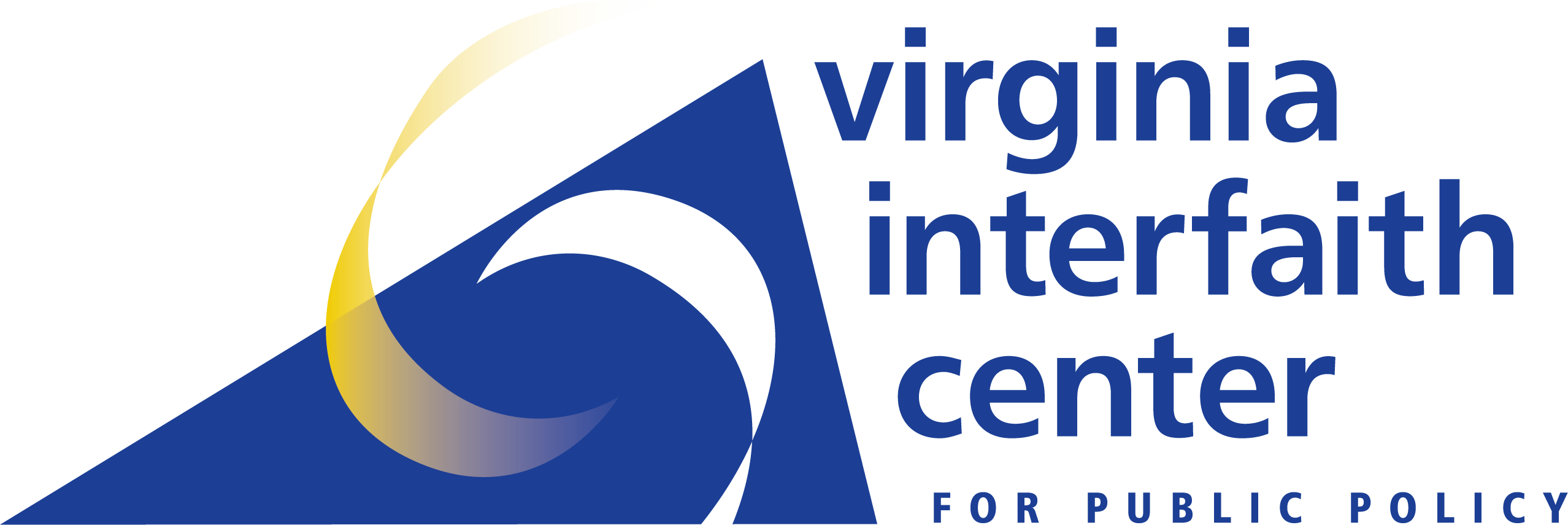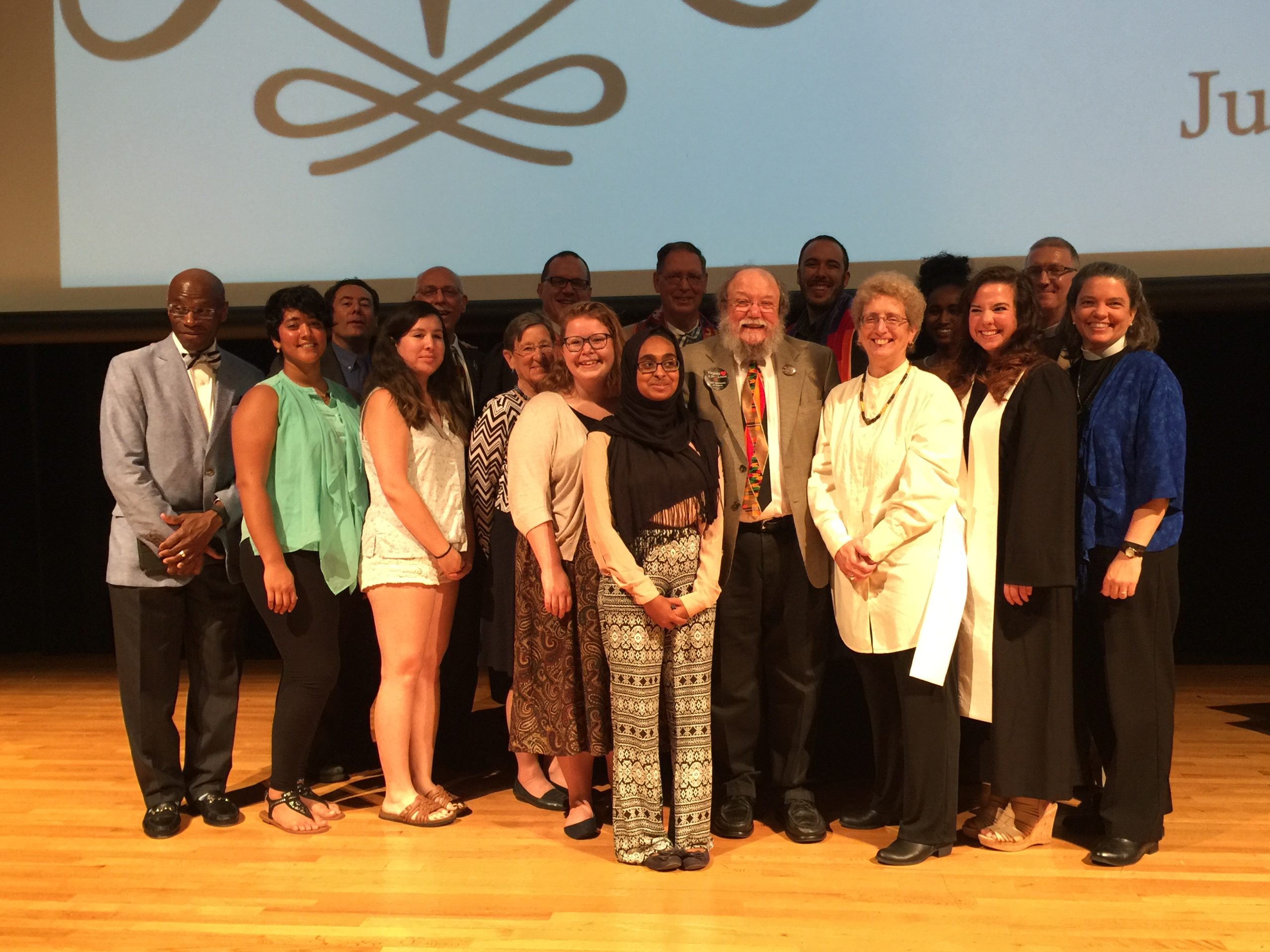In Williamsburg, A service of remembrance for Orlando victims
Comments from the Rev. Charles Swadley, Virginia Interfaith Center Faith Outreach Coordinator, at a Multifaith Service of Remembrance and Hope in Williamsburg on June 20:
“From the toxic environment of violent rhetoric and even more vicious acts of murder, we have collectively expressed that all of us have been violated.
Today we are one. We are Orlando. One year ago and three days ago, we were Charleston, and Mother Immanuel AME Church. The beautiful fabric of our nation has been needlessly and shamefully torn again. We acknowledge that we have joined and gathered here out of the necessity to mend this tear of the sacred weaving of the human community.
What are we to do? Truth be known — we cannot act, if we are paralyzed by anger and remain stuck in our violation. So we need to grieve, to pass through the shackles of unresolved anger. Mother Immanuel has shown us that power to love and heal is stronger than revenge and retaliation. Orlando is proving the resiliency of such a spirit to face hate.
The first action is that each of our faith communities must acknowledge this violation of the sacred weaving of our human community and by examination of our collective conscience see the raw toxic potential that exists among and in us.
The second is this — each of our communities must take the time to listen – to overcome fear and ignorance. We need to hear the hurt that betrays us, because, when we remain impaired in our hearing of the other, we remain aslo unable to speak intelligently to each other.
How do we do this? We invite the LGBTQ community to engage in conversation in our places of worship. We ask our places of worship to provide safe space to reveal ourselves and to offer the hospitality to receive and transform strangers into friends, for civility and respect in seeking understanding.
We invite the Muslim community in a similar manner to help us know them as neighbors and to remove the fears of unknown.
Finally, each place of worship and every group or agency in Williamsburg, James City County and York County should be encouraged to plan intentionally for opportunities to help citizens and students meet an imam or a Muslim religious leader, to create a relation of trust, to build bridges of respect and to learn about ways to act in times of crisis. Similarly, in an intentional way, conversation should be encouraged to understand the civil rights and public respect that needs to be offered to persons who are LGBTQ.
Dialogue and personal relationships remove the obstacles of communication and pave a way to a positive and hopeful future.
We need to act. We need to care about each other. This gathering is only a prelude to what we might do and how we may shalom, salaam and peace, thus bringing closer to our hearts and minds the dream of the beloved community.”

